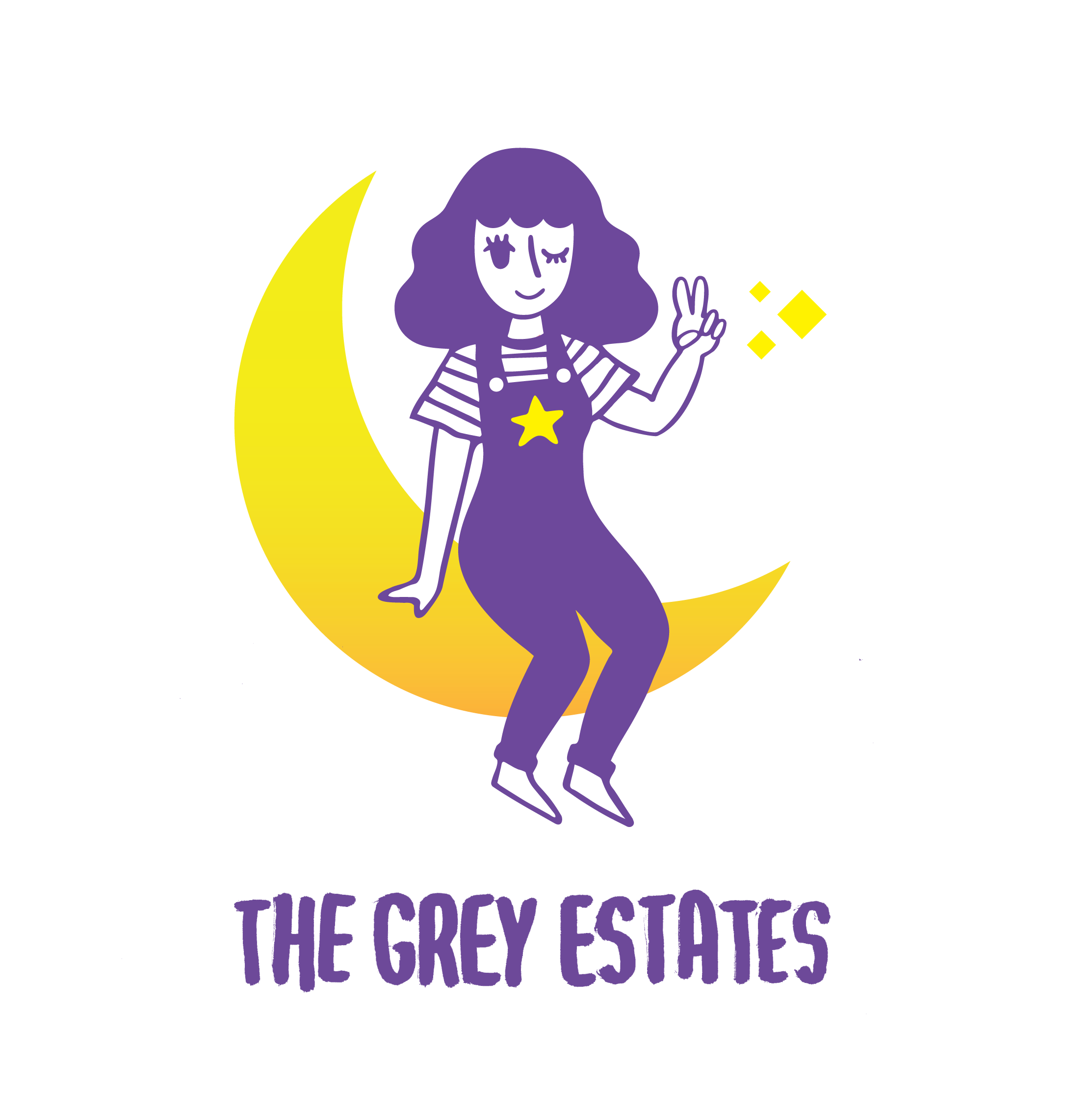shuffle: Wheel of Fortune

words + photo + playlist: Zoë Madonna
Click here for more information on our SHUFFLE series.
The Wheel of Fortune can indicate serendipity and fate. It can also indicate things moving in circles, cycles, patterns, “what goes around comes around.” Nothing stays still until it is dead. On this great not-quite-a-sphere on which we all spin, time, the year, and fate have all been depicted as wheels since antiquity all ancient symbols
I spend many of my Sunday nights spinning in circles, at my local contra dance. Music for contra dancing is almost always live fiddle tunes, from a variety of traditions. In New England, where I dance, one usually hears a lot of Irish, Quebecois, and New England traditional and modern tunes, as well as whichever fusions of style and genre can slot into 64 beats of music to fit with the dances. (I’m in a contra dance band and we’re pairing Paul Simon’s “You Can Call Me Al” with a Quebecois reel. Somehow, it works.)
I found contra dancing by accident at college, and within months, I was utterly hooked. It wasn’t just the swinging and spinning that I loved; I had picked up the accordion shortly before finishing high school, and contra opened countless rabbit holes of music for me to jump into. I’d never been too disciplined practicing the piano as a kid. Having to read and play more than two lines of music at once made my brain hurt. But I loved learning by ear, and because the contra tunes mostly originate in aural traditions, that became my north star.
I learned a bunch of my tunes from sessions, or gatherings of musicians who come together to play tunes in someone’s house or at a bar. In that way, I moved beyond tunes that would fit contra dances and into the unique tunes each tradition has to offer. Some sessions are tailored to be friendly to newcomers to music, or to the traditions, but breaking into one that isn’t one of these can be an intimidating and exhilarating affair. The tunes are short - once through only lasts 30 seconds or so, and they often repeat a few times, gathering steam as more people join in.
When I’m sitting in at a session, I almost never know what tune will come next, whether I’ll have something to hold onto or whether I’ll be sitting back and listening, trying to snatch some of the melody before--wait, what did they just do? And now the tune’s changed again.
Some people have been steeped in this music for so long that it seems to me they can just sit down, take out their instrument, and join in as easily as a duck splashing down into a pond. Meanwhile I’m on the shore, maybe up to my calves. Visiting a session is a great way for me to remind myself how much I don’t know yet. Nothing stays the same for long, and as soon as I think I’ve got a handle on it, the wheel turn and the next tune comes around.
In the best sessions, the air has an electric charge of spontaneity, anticipation, and joy. So when I listen to recordings of trad tunes, I look for that charge. All the tune sets and songs on this playlist have that. I’ve picked a few Irish bands, two Scottish, some Canadian, the result of two English players and two Swedish players getting together, and a sextet that grew out of the New England Conservatory contemporary improvisation program, incorporating too many traditions to count. (Full disclosure: I know a few of those musicians, because the folk world is tiny.) I really hope you enjoy them.

